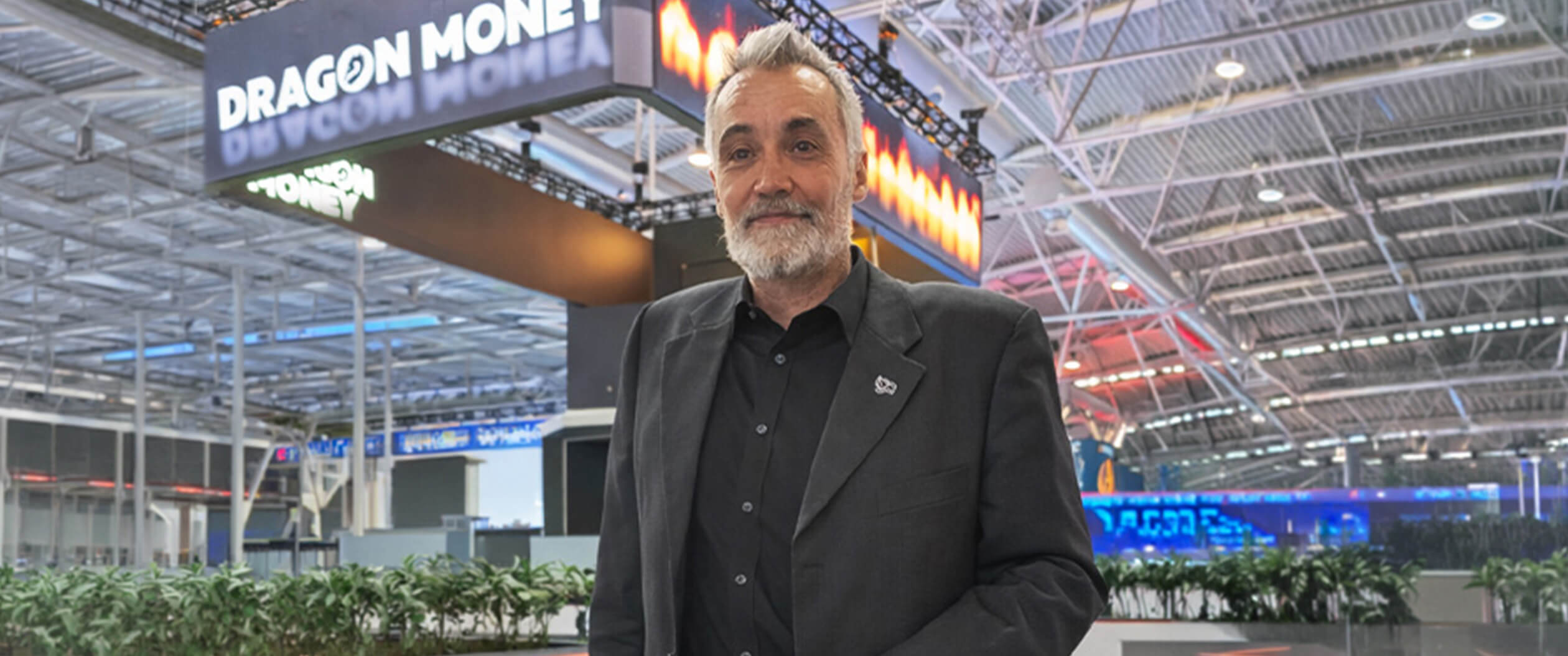ITALY’S GAMBLING REFORM IS CONSOLIDATING THE MARKET
Italy’s sweeping gambling reform is triggering rapid consolidation in what was Europe’s most crowded online betting market. With the end of the country’s latest licensing tender, operators now face significantly higher costs and stricter requirements, signalling a clear intent from the government: fewer, stronger operators.
On 30 May, Italy’s Customs and Monopolies Agency (ADM) closed its tender for new remote gambling concessions. Successful applicants are expected to be announced after the summer. In the meantime, industry stakeholders are bracing for a significant reduction in the number of active operators.
The number of licensed operators is expected to shrink sharply. Compared to 93 applications in the previous round, only around 50 are believed to have applied this time. Forecasts suggest the total could fall from 81 to just 33.
This contraction follows the introduction of a much higher upfront licensing fee – €7 million per vertical and per brand – which has effectively priced out smaller firms. Despite the market’s growth in revenue and regulatory maturity, the new system is designed to streamline competition and reduce fragmentation.
Barriers to entry tighten
Under the previous regime, companies were able to enter the Italian market with a relatively small investment – as little as €250,000 – and still operate in a sector now worth around €5 billion. The regulator has judged this no longer acceptable, raising the entry bar to ensure that only operators with the financial, technical and compliance strength to meet modern standards remain active.
The reforms are aimed at filtering out smaller and less compliant firms, particularly those unable or unwilling to invest in robust anti-money laundering (AML) procedures or digital infrastructure. The focus is now firmly on operators able to demonstrate scale, accountability and a long-term presence in the market.
Natural selection in action
In addition to the upfront licence fee, operators must pay a 24.5% tax on gross gaming revenue (GGR) for sports betting and 25.5% for online casinos. They are also subject to a 3% annual fee on GGR and must invest at least 0.2% of revenue – capped at €1 million – in responsible gambling campaigns.
In anticipation of these changes, the market has already seen a flurry of mergers and acquisitions. Several smaller and mid-sized firms have been absorbed by larger companies, accelerating a trend toward concentration that has been building for several years.
Post-tender, the market is expected to be dominated by large, integrated operators offering multi-product and multi-channel services. A small group of companies is forecast to generate as much as 80% of Italy’s €5.2 billion in remote GGR, with the total number of active legal operators likely to fall to around 30 or 35.
The government views the new licensing fee not as an increase, but as a correction to previously unsustainably low costs. Combined with the ban on white-label skins and the need for omnichannel presence, the structure now strongly favours well-funded, established corporations.
A regulatory reset
Beyond licensing, the reforms include a wide-ranging update to Italy’s gambling regulations. New technical standards are intended to improve cybersecurity, enhance player protection and strengthen AML oversight.
Italy, one of Europe’s earliest adopters of online gambling regulation, will now phase out a system that has been in place since 2006. The updated framework includes digital tools for deposit and time limits, self-exclusion, and behavioural alerts to curb problem gambling. Enhanced controls will also target the 18–24 age group, marking a first in European regulation.
While the land-based sector continues to operate under its old structure, online gambling now accounts for around €5 billion of Italy’s €21.6 billion in total GGR. Reforms for the retail sector are planned, but political pushback has delayed them until mid-2026.
What’s next for Italy’s gambling market
The next phase of reform will unify land-based licensing, introduce strict location rules, limit weekly cash deposits to €100 and mandate full ID checks and self-exclusion systems. Operators will need individual concessions for each brand and vertical, with no option to run sub-brands or skins under a parent licence.
Success in this environment will depend heavily on scale and integration. Operators able to run online and retail services under a single brand and infrastructure are best positioned to thrive.







